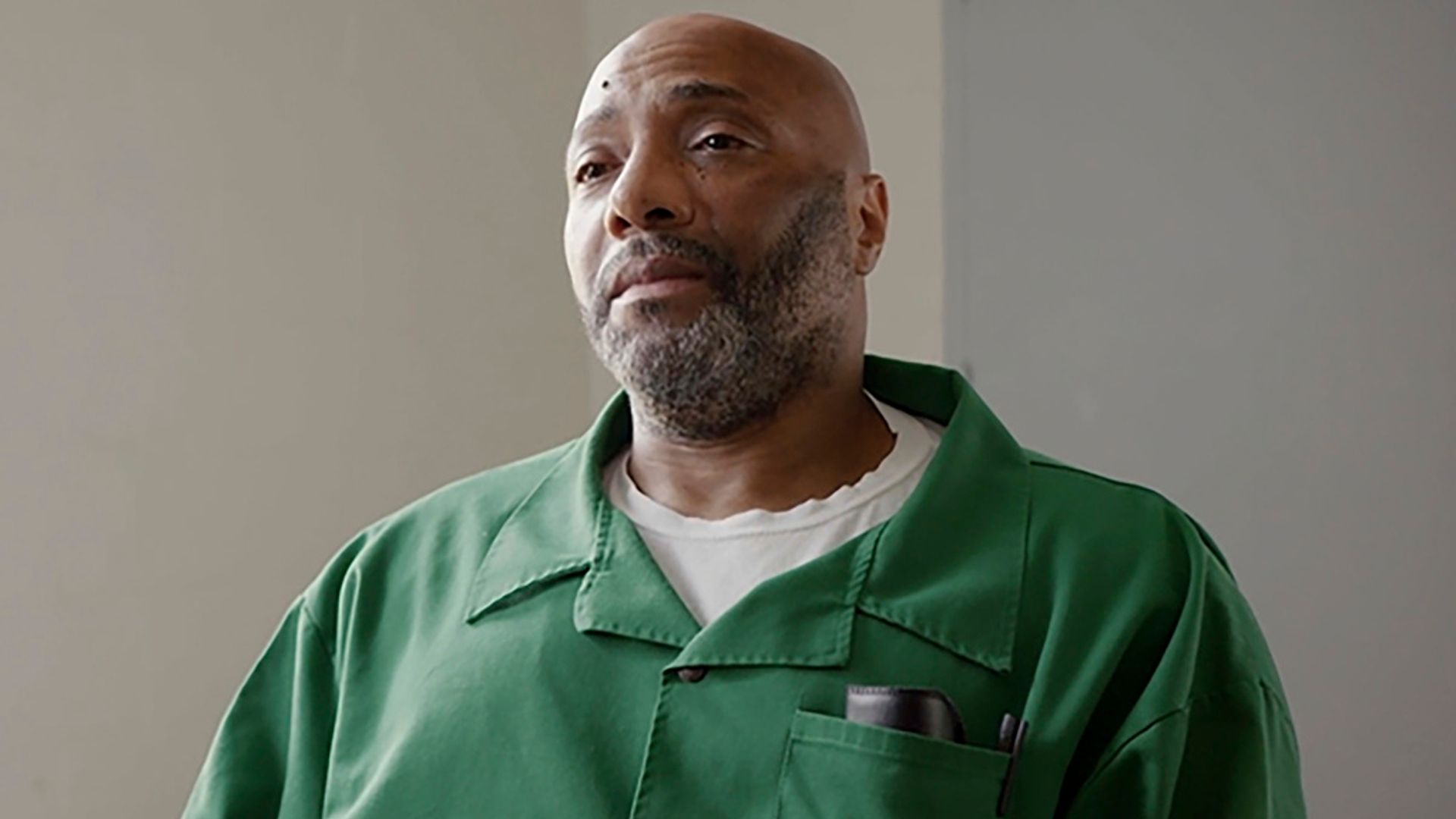
AUGUSTA, Maine — The high-profile race between Gov. Janet Mills and former Gov. Paul LePage is dominating Maine’s airwaves, and the ads are full of claims that are either false or missing key context.
LePage, a Republican, and one allied group have put forward the most egregious claims, including a “crack pipe” one against Mills that the challenger keeps repeating, but Democrats do not come out clean on their accounts of the LePage era.
Here’s a rundown of the claims and how they fare when held up to the facts.
‘Passing out crack pipes’
No matter how much LePage says this about Mills, it is false. He was checked on it by a moderator at the first debate with Mills and independent candidate Sam Hunkler last week. His campaign was more careful about referring to it after a September news conference on the opioid crisis.
LePage is referring to a state website that refers drug users to harm reduction practices, or those lessened to reduce the consequences of risky behavior. It gives lists of groups that will provide clean needles and dispose of used ones or test drugs for the deadly fentanyl.
One of the groups linked on the site, Maine Access Points, was named in an August story in the conservative Washington Free Beacon for handing out pipes along with “safe-smoking kits.” The pipes were provided separately from the kits, the latter of which is funded through a federal program. But that is the only link provided between the state and the group.
‘Taxpayer-funded benefits to illegal immigrants’
This is the kind of language we heard from LePage and allies during his tenure, but it is off-base. His campaign is referring to aid for asylum seekers. They are undocumented when they arrive but are here legally while they await action on immigration cases that can take years.
The state has been noted nationally for liberal policies toward asylum seekers that have helped draw hundreds, mostly from African countries, to southern Maine over the past few years. They can get state and local aid to pay for rent and other necessities, largely through the General Assistance program.
That policy began with a LePage mistake. In 2016, he failed to meet a key veto deadline that led to the passage of that measure and 64 others. His administration clawed it back by writing rules limiting aid to those who had already submitted asylum applications. Mills reversed LePage on that in 2019, opening aid to those taking good-faith steps and framing it as a workforce issue.
‘Cut a Social Security program when it was needed most’
The reference to a federal program in an ad from a group funded by the Democratic Governors Association should perk your ears up. LePage did not have much control over anything to do with Social Security benefits. He did not cut a program as much as keep one from existing.
This refers to a 2012 episode in which LePage became the first governor to use his power to line-item veto parts of a state spending package. Those vetoes included a $1.1 million pilot program that would have dedicated seven limited-period employees to help Mainers recover federal disability benefits with the aim of saving money in the General Assistance program.
‘Raise Maine’s gas tax by up to 40 cents a gallon’
This, from Maine Families First, an offshoot of a national conservative group that has targeted Mills, is probably the biggest whopper of the bunch. Dozens of legislative Democrats pushed a carbon tax bill in 2019 that was universally opposed by Republicans. But it was quickly snuffed out in part due to skepticism from the governor. It is not happening.
‘Supported letting states ban abortions with no exceptions for rape and incest’
This, from another anti-LePage ad from the DGA-backed group, needs some unpacking. LePage made sweeping anti-abortion statements, saying in 2016 that “we should not have abortion.” With Mills pushing the issue since the U.S. Supreme Court’s June decision ending federal abortion rights, LePage has tried to soften his line, saying he would veto a 15-week ban.
LePage said in a 2018 radio interview in which he was arguing that abortion should not be a litmus-test issue for prospective Supreme Court justices. He called Roe v. Wade the “law of the land.” Then, he said if judges can make the case for throwing it out, “let’s do it.”
So, the context is a little different than the “let’s do it” line suggests. The BDN could find no historic record of LePage’s individual stance on exceptions. His campaign has said he has always supported allowing abortions in cases rape, incest and if the life of the mother is in danger. But allowing states to ban them all was the effect of the June ruling.










